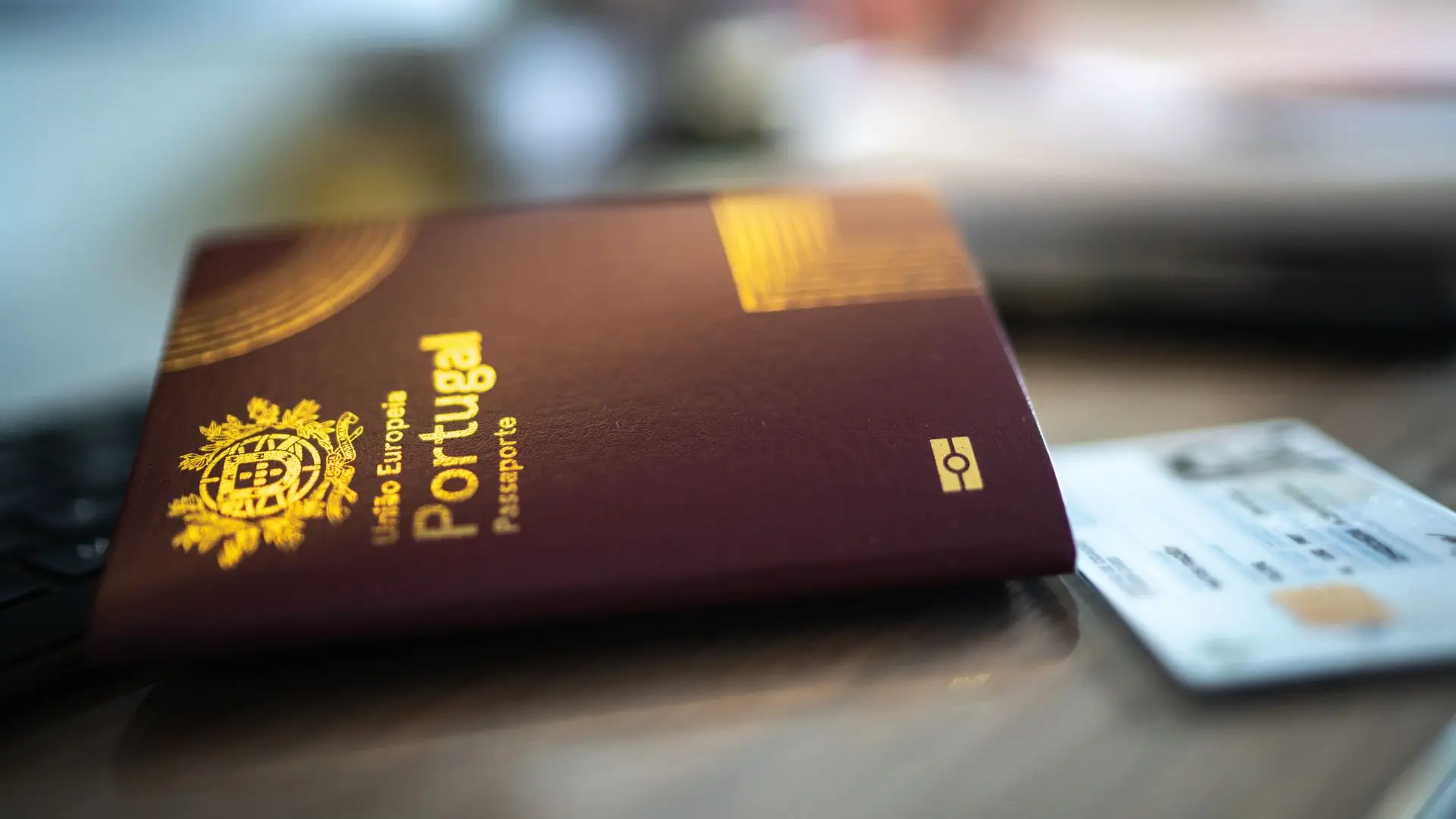Citizens who were born in the so-called Overseas Provinces or former Portuguese colonies in Africa – Angola, Mozambique, Guinea Bissau, Cape Verde and São Tomé and Príncipe can acquire or reacquire Portuguese Nationality
Portuguese legislation allows citizens who were born before or after the independence of the former Portuguese colonies in Africa – Angola, Mozambique, Guinea Bissau, Cape Verde and São Tomé and Príncipe to acquire or reacquire Portuguese Nationality.
Depending on when and where you were born, different laws may apply to your situation and therefore, you may have to comply with different requirements, documents, and procedures.
The processes are different depending on whether the applicant was born before or after independence.
Born BEFORE the independence of the former Portuguese colony
1.1) Conservation of Nationality by Birth Transcription
1.2) Naturalization in article 6, number 6 reserved for those who “have had Portuguese nationality”.
Who is it for?
To citizens who were born in Angola, Mozambique, Guinea Bissau, Cape Verde and São Tomé and Príncipe until independence.
After independence, many citizens lost their Portuguese nationality because they acquired the nationality of the newly created country.
There are two ways for these citizens to become Portuguese citizens again, they are two different types of processes, with different effects, so if possible we advise you to transcribe the birth and only resort to naturalization when you do not meet the requirements to retain your original nationality.
1.1) Conservation of Nationality by Birth Transcription
If you fulfill one of the two requirements still in force of Decree-Law 308-A/75
- has an ascendant up to the third degree (parent, grandfather, or great-grandfather) born in mainland Portugal or Madeira and Azores Islands; or
- if you resided in Portugal for five years on April 25, 1974
The preserved Nationality is original and can be transmitted to family members without limitations.
Requirements:
- Being born in one of the former Portuguese colonies in Africa (Angola, Mozambique, Guinea Bissau, Cape Verde and São Tomé and Príncipe).
- Be born before the independence date of that country.
- Have an ascendant up to the third degree (parent, grandfather or great-grandfather) born in mainland Portugal or Madeira and Azores Islands; or
- Alternatively, if you resided in Portugal for five years on April 25, 1974
1.2) Naturalization in article 6, number 6 reserved for those who “have had Portuguese nationality”.
If you are unable to meet the requirements to retain the nationality mentioned above, you can choose to apply for naturalization reserved for those who “have had Portuguese nationality”.
Nationality is derived and can be transmitted to spouses and children as minors.
Requirements:
- Be over 18 years old or be emancipated
- Have not been convicted with a final sentence for a crime punishable by a prison sentence equal to or greater than three years, in accordance with Portuguese law;
- Have not been involved in activities related to terrorism.
- Have sufficient knowledge of the Portuguese language (for example, passing 50% of an A2 level exam, except for natives and nationals of Portuguese-speaking countries and some others.
- Prove that: you had Portuguese nationality, or you are a descendant of Portuguese origin, or you are a member of a community of Portuguese descent
Born AFTER the independence of the former colony
1.1) Son of a Portuguese parent
1.2) Native Portuguese grandson
1.3) Minor or incapacitated child of the person who acquired the derived Portuguese nationality
Who is it for?
The individual who was born after independence in a former colony is very likely to have a parent or grandparent who has or has had Portuguese nationality. Sometimes it is necessary first to regularize the situation of the parent or grandparent, to be entitled to Portuguese Nationality, in one of the two ways mentioned above.
There are several different hypotheses, we list three below:
1.1) Son of Portuguese origin
If you have a parent who retained their original Portuguese nationality after Independence or who acquired their original Portuguese nationality (because they are children or grandchildren of Portuguese parents).
Nationality is original and can be transmitted to family members without limitations.
1.2) Native Portuguese grandson
If you have a grandparent who has retained their original nationality or if you have a grandparent who was born and died before independence (so they never lost their nationality)
Nationality is original and can be transmitted to family members without limitations.
1.3) Minor or incapacitated child of the foreigner who acquired the derived nationality
If you have a parent who acquired the derived nationality through naturalization or acquisition (either by length of residence in Portugal, or because the parent was born in a former colony and could not keep it, or because of marriage/leave together…) minor or incompetent.
Nationality is derived and can be transmitted to spouses and children as minors.
Requirements
- Having a Portuguese parent or grandparent
- Depending on the type of process – attribution to a child, attribution to a grandchild, or acquisition by a minor or incapable person – different requirements apply.

